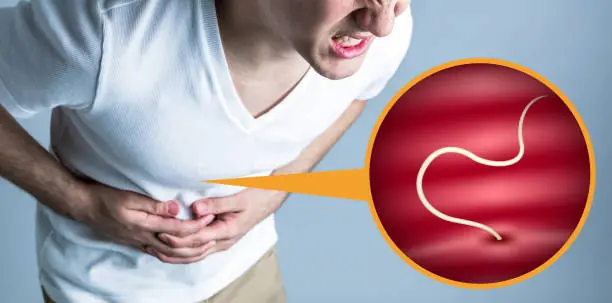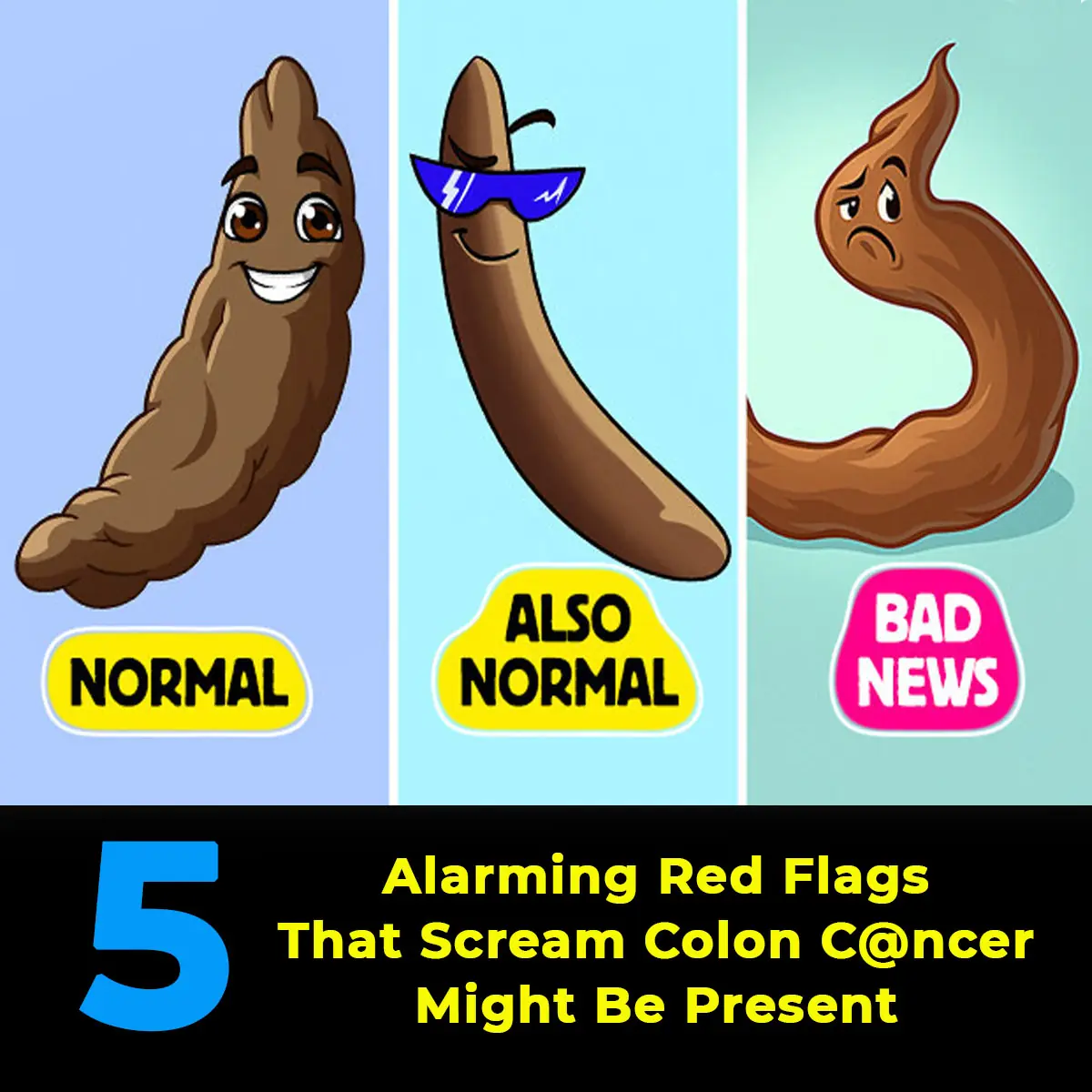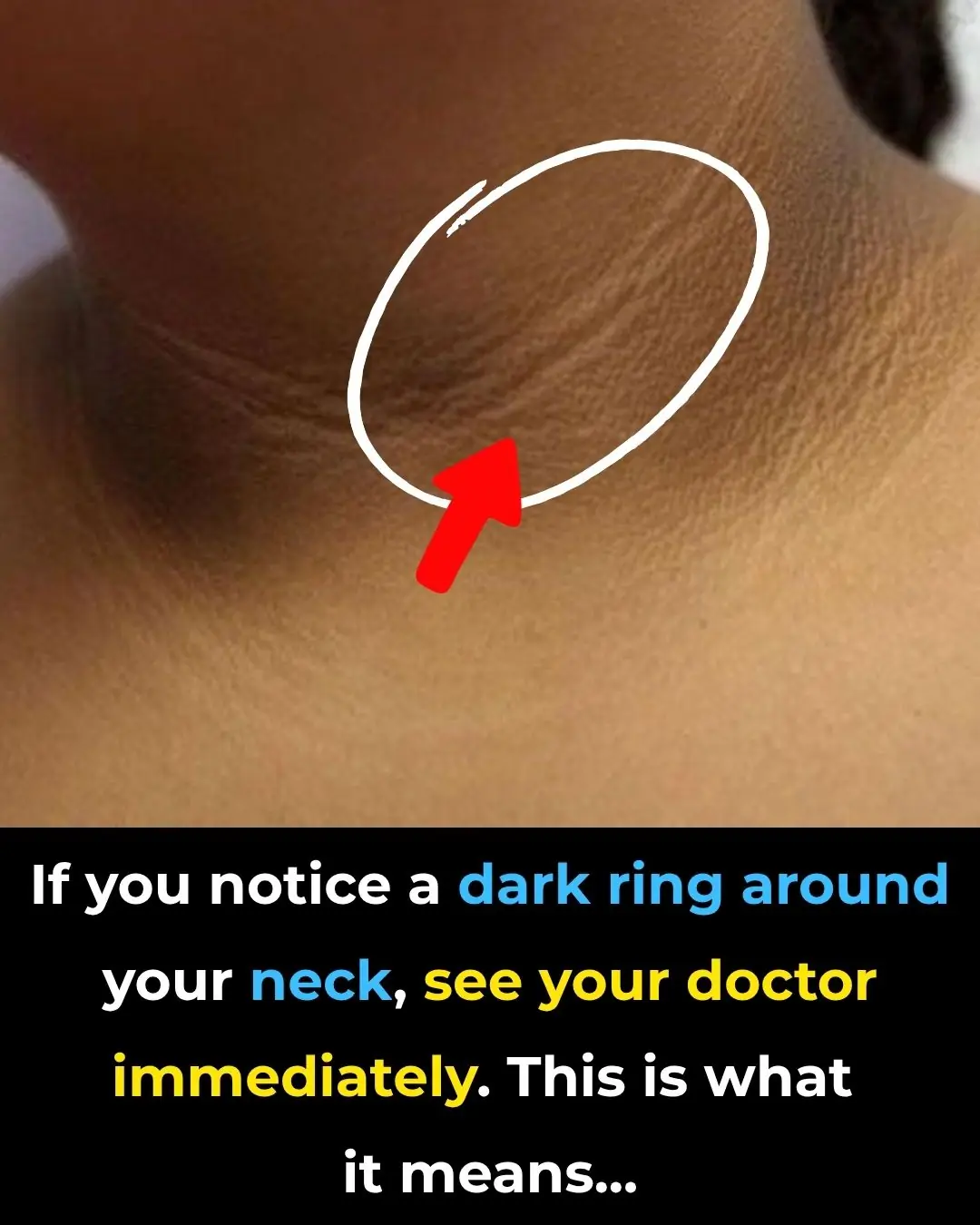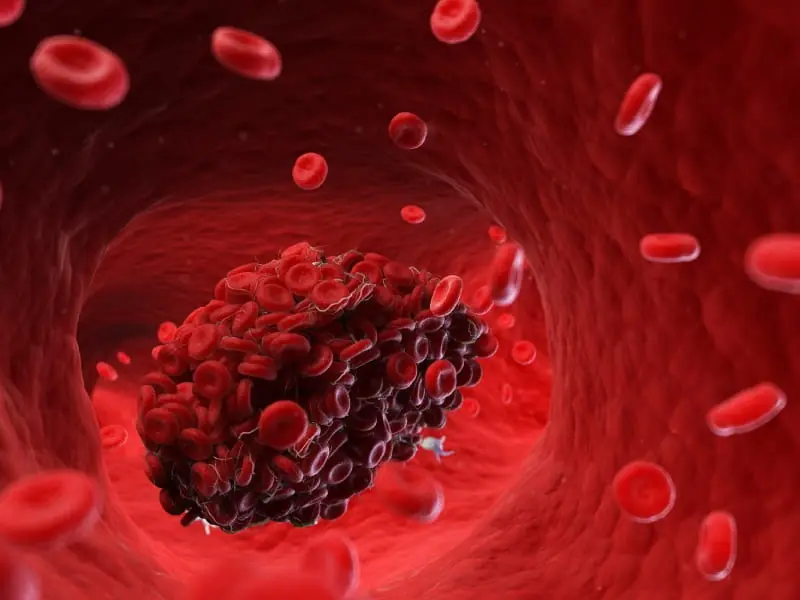
10 W@rning Signs It’s Time to Cut Back on Caffeine

Caffeine, a popular stimulant found in coffee, tea, and energy drinks, helps many of us stay alert throughout the day. However, excessive consumption can lead to negative effects on the body. Recognizing when your body is reacting poorly to caffeine is key to maintaining good health. Here are ten warning signs that suggest it may be time to cut back on your caffeine intake.
1. Frequent Headaches
While caffeine can offer temporary relief from headaches, regular use may result in rebound headaches. Over time, the body can become reliant on caffeine, and skipping your usual dose can trigger withdrawal headaches. Additionally, too much caffeine can contribute to dehydration, which is another common cause of headaches.
2. Muscle Twitches or Spasms
Caffeine stimulates the nervous system, and high amounts can lead to involuntary muscle contractions or spasms. This happens because excess caffeine can disrupt the balance of important electrolytes like magnesium and potassium, which are vital for muscle function.
3. Increased Anxiety
Caffeine boosts alertness by blocking adenosine, a brain chemical responsible for promoting relaxation. However, for some people or when consumed in large quantities, this can result in elevated heart rates, nervousness, and anxiety. If you find yourself feeling more anxious after consuming caffeine, it may be time to reconsider your intake.
4. Digestive Problems
Caffeine’s acidic nature can irritate the digestive system, leading to discomfort, acid reflux, or a coated tongue. This is particularly true for those who consume large amounts or have sensitive stomachs.
5. Dry or Flaky Scalp
Caffeine’s diuretic effects can lead to dehydration, which may impact different parts of your body, including your scalp. If your scalp becomes dry or flaky, it could be a sign that you’re not retaining enough moisture, possibly due to too much caffeine.
6. Restless Legs Syndrome
Caffeine’s stimulating effects can worsen Restless Legs Syndrome (RLS), a condition that causes an uncontrollable urge to move the legs, often in the evenings. Reducing caffeine intake has been shown to ease RLS symptoms in some individuals.
7. Midday Energy Crashes
Though caffeine gives a temporary energy boost, it can also lead to significant crashes as its effects wear off. This cycle may result in a dependence on caffeine, as you consume more to fight fatigue, which perpetuates the issue.
8. Swelling or Inflammation
For some people, too much caffeine can trigger inflammation, causing swelling in different areas of the body. This immune response may be linked to individual sensitivities or allergies to caffeine.
9. Insomnia
Caffeine blocks the effects of adenosine, keeping you awake. Consuming caffeine, especially in the later hours of the day, can interfere with sleep patterns, making it harder to fall asleep or stay asleep through the night.
10. Increased Heart Rate and Blood Pressure
Excessive caffeine intake has been associated with a higher heart rate and elevated blood pressure, both of which are risk factors for cardiovascular diseases. Monitoring and reducing your caffeine consumption is essential to maintaining heart health.
While caffeine can be beneficial in moderation, it’s important to listen to your body’s signals. If you’re noticing any of these warning signs, it might be time to reassess and reduce your caffeine intake to support your overall health.
News in the same category


Scientifically Proven Health Benefits of Avocado and Avocado Seeds

An Eye Specialist Explains What To Do If You Begin To See “Floaters”

5 Early Signs of Colon Cancer You Shouldn’t Ignore

Scientists Discover Body’s ‘Kill Switch’ Capable of Destroying Cancer Cells

Native American High Schooler Discovers Cancer-Fighting Properties in Traditional Chokeberry Pudding

Be Careful If You’re Farting More Than 25 Times a Day—It Might Be a Sign Your Body is Trying to Warn You
Passing gas up to 25 times a day can be considered normal - but when you notice a sudden increase, especially if it's paired with discomfort or other symptoms, it's time to tune in.

The Healing Benefits of Cloves: Natural Remedies for Improved Wellness

13 Warning Signs of High Blood Sugar and 9 Ways to Take Control of Your Health

If You Have These Tiny Red Dots On Your Arm, Do Not Ignore The Warning Signs

The Truth About “Old Person Smell”: What Causes It And How To Get Rid Of It

Scientifically Proven Health Benefits of Lemons (Including Lemon Water)

If you drink cucumber water every morning, this is what happens to your body

If You Notice a Dark Ring Around Your Neck, Go See Your Doctor Immediately! This Is What It Means

Health Food & Nutrition Beauty Aromatherapy Animals

Cardiologists Say This Common Habit Is a Blood Clot Risk

‘Ghost Boy’ Wakes Up From Coma After Being Trapped For 12 Years—What He Heard the Whole Time Will Haunt You

What Staying Up Late Every Night Really Does to You—Massive 24,000 Person Study Reveals the Truth

Horrifying reality of what really happens to your body if you swallow too much gum
News Post

How to Tell If You Have Intestinal Parasites and What to Do About That

Scientifically Proven Health Benefits of Avocado and Avocado Seeds

An Eye Specialist Explains What To Do If You Begin To See “Floaters”

A Double Cheeseburger and 75 Years of Love.
It was just a regular evening at Wendy’s. I had stopped in for a quick bite—nothing fancy, just a double cheeseburger, fries, and a moment of peace before heading home.

My Own Daughter Stole My Retirement Savings to Buy a House for Herself

People Share the Best Cases of Instant Karma They've Witnessed

4 Intriguing Stories Where Karma Delivered Unexpected Payback

My Stepfather Left Me His $640K Estate While My Mom and Stepsister Got $5K Each – What They Did When the Will Was Read Shocked Me

40-Year-Old Parrot Waits Alone for 2 Weeks in Empty Home, Collapses After Finally Being Rescued

The Meteor That Changed Two Lives: A Story of Unlikely family

Michael Clarke Duncan: A Giant of Strength, and Heart.

A New Pair of Shoes— and a Lesson in Kindness.

A New Pair of Shoes—and a Lesson in Kindness.

I Set Off in My RV to Scatter My Mother’s Ashes But Met a Man Who Revealed a Shocking Family Secret

After 14 Years of Marriage, I Found My Husband’s Second Phone—Then a Message Popped Up, ‘Can’t Wait to See You Again Tonight’

Is the Green Ring on Your Egg Dangerous? Experts Reveal the Truth
If you are one of those people who prefer their eggs hard-boiled, you have certainly noticed that green color ring around the yolk.

5 Early Signs of Colon Cancer You Shouldn’t Ignore

If You Have Cabinets Above Your Fridge, Here’s What They’re Actually For
